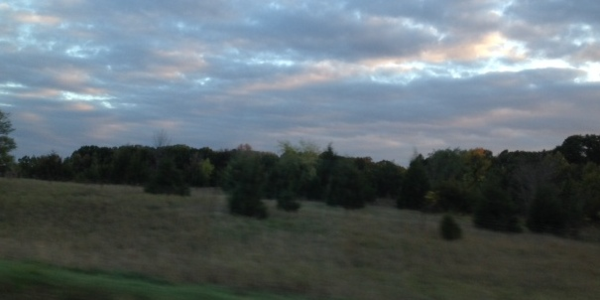Look what I found in a book on shelf in a room lined with books and overlooking a lake.
From Thomas Merton’s
A Book of Hours:
"Keep your eyes clean and your ears quiet and your mind serene. Breathe God’s air.
Work, if you can, under His sky.
But if you have to live in a city and work among machines and ride in the subways and eat in a place where the radio makes you deaf with spurious news and where the food destroys your life and the sentiments of those around you poison your heart with boredom, do not be impatient, but accept it as the love of God and as a seed of solitude planted in your soul.
If you are appalled by those things, you will keep your appetite for the healing silence of recollection. But meanwhile—keep your sense of compassion for the men who have forgotten the very concept of solitude.
You, at least, know that it exists, and that it is the source of peace and joy
You can still hope for such joy. They do not even hope for it any more."
Ordinarily I’m not drawn to writings that posit work is best done in the outdoors, because for so many of us that is not an option. But I’ll forgive Merton his second sentence because he opens up so beautifully in the rest of this piece.
I love here that he suggests each of us, no matter the surroundings in which we work, can carry within a joyful seed of solitude, an appetite for reflective silence, and compassion for those with whom we work. This resonates with me and things I write about in Finding Livelihood. It also resonates with the writing of Josef Pieper, who figures into my book as well.
~~~
[Photo: Taken from a car window on an October road. Almost looks like something Monet might have stopped to paint.]






